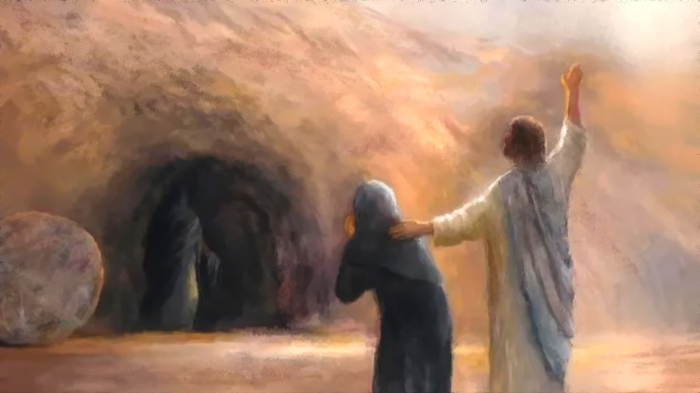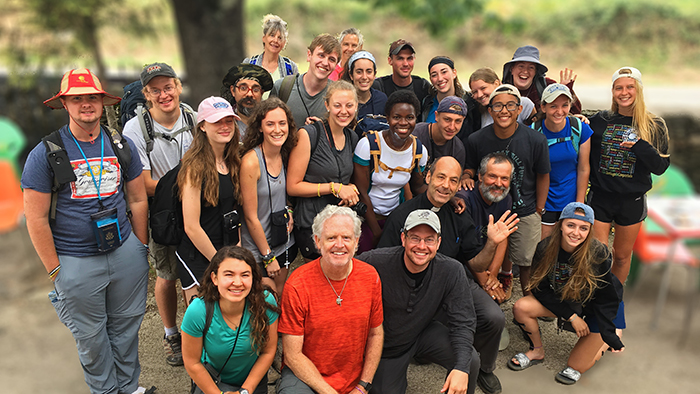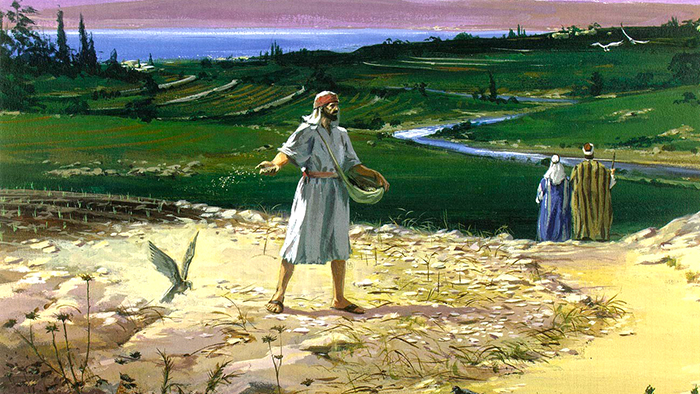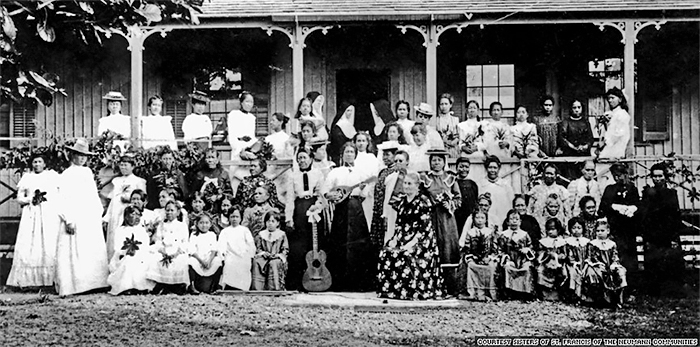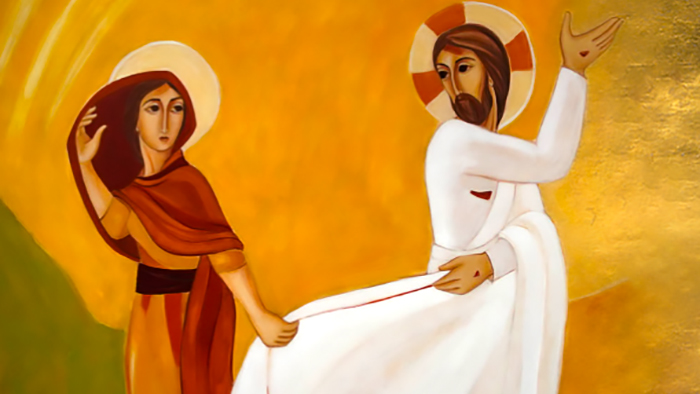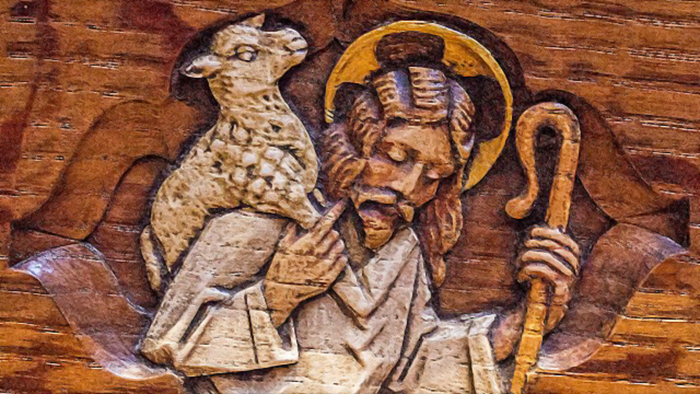
God is ineffable because God’s energy is ineffable. What, indeed, is energy? Fr. Ron Rolheiser writes that we rarely ask this question because we take energy as something so primal that it cannot be defined but only taken as a given, as self-evident. We see energy as the primal force that lies at the heart of everything that exists, animate and inanimate. Moreover, we feel energy powerfully within ourselves. We know energy and feel energy but can rarely recognize its origins, its prodigiousness, its joy, its goodness, its effervescence, and its exuberance. We rarely recognize what it tells us about God. What does it tell us? The first quality of energy is its prodigiousness. It is prodigal beyond our imagination, and this speaks something about God. What kind of creator makes billions of throwaway universes? What kind of creator makes trillions upon trillions of species of life, millions of them never to be seen by the human eye? What kind of father or mother has billions of children? And what does the exuberance in the energy of young children say about our creator? What does their playfulness suggest about what must also lie inside of sacred energy? What does the energy of a young puppy tell us about what’s sacred? What do laughter, wit, and irony tell us about God? No doubt the energy we see around us and feel irrepressibly within us tells us that, underneath, before and below everything else, there flows a sacred force, both physical and spiritual, which is at its root, joyous, happy, playful, exuberant, effervescent, and deeply personal and loving. That energy is God. That energy speaks of God, and that energy tells us why God made us and what kind of permissions God is giving us for living out our lives. Moreover, that energy, at its sacred root, is not just creative, intelligent, personal, and loving, it’s also joyous, colorful, witty, playful, humorous, erotic, and exuberant at it very core. To feel it is an invitation to gratitude. The challenge of our lives is to live inside that energy in a way that honors it and its origins. That means keeping our shoes off before the burning bush as we respect its sacredness, even as we take from it permission to be more robust, free, joyous, humorous, and playful – and especially more grateful.

